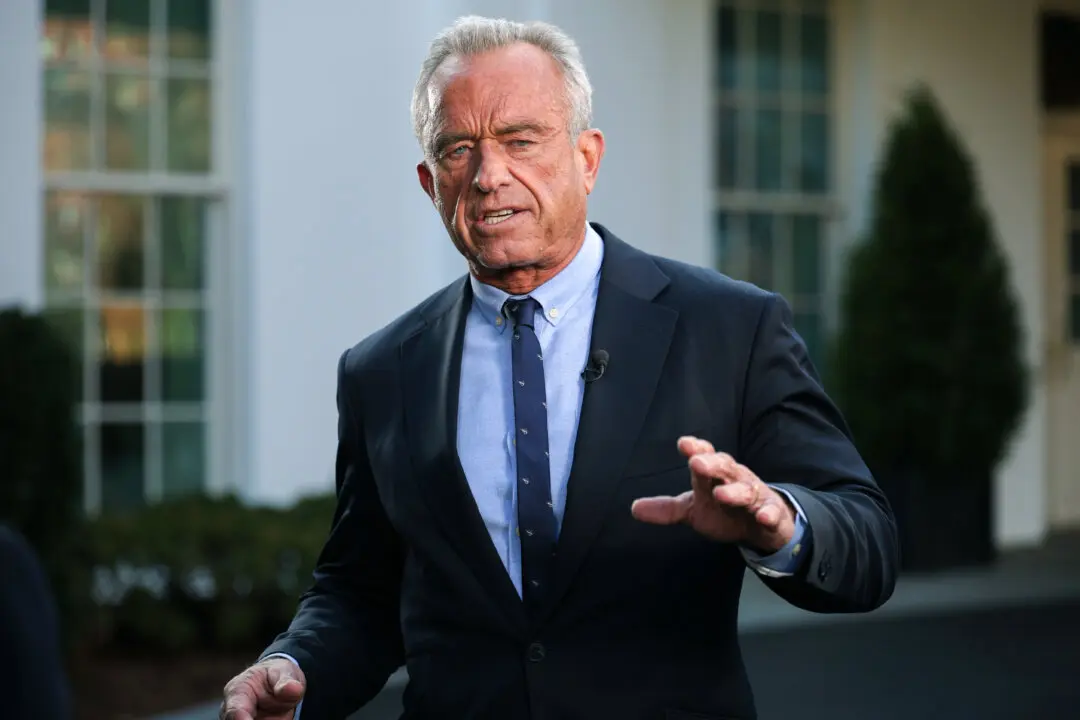The airstrikes launched against militants in Syria last week sent a “very strong signal,” the Pentagon said Monday, rebutting claims by militant groups that the strikes had no real effect on them.
“I haven’t seen those comments, I would go back to what I said last week: that this was really designed to do two things, to remove that compound from their utilization of it as an entry control point from Syria into Iraq, and to send a very strong signal that we’re not going to tolerate attacks on our people and Iraqi partners,” John Kirby, the Pentagon’s chief spokesman, told reporters during a press briefing in Washington.





